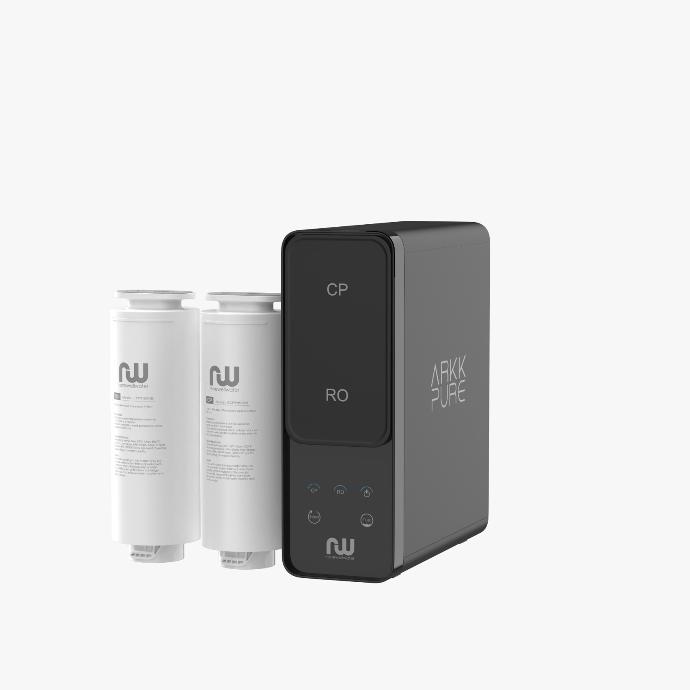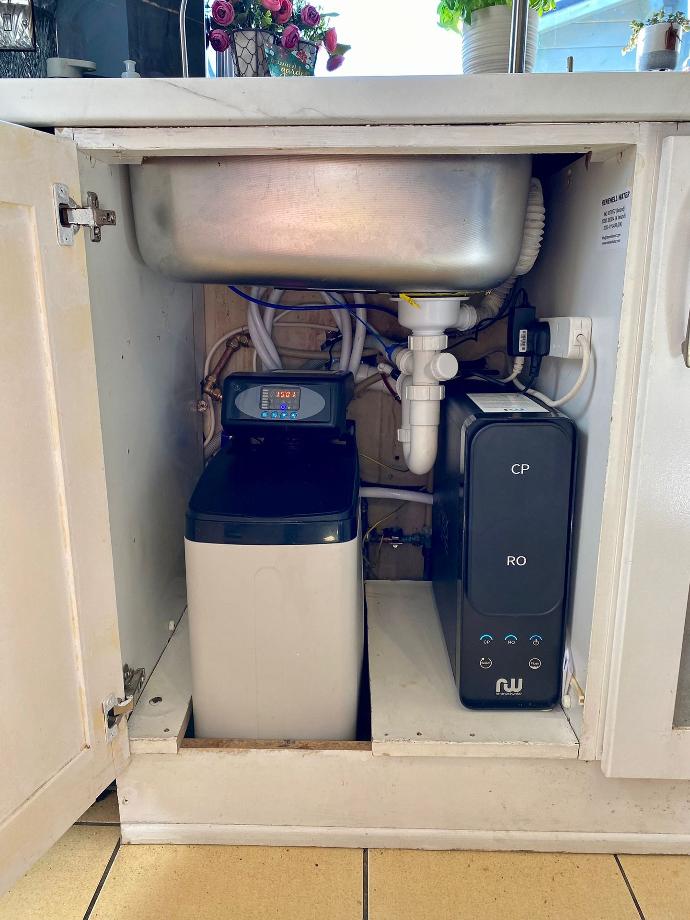Pros and Cons of a RO Water Filter
IS IT RIGHT FOR YOU?
Water is a vital component of our daily lives, and ensuring its quality is essential. One popular method for improving water quality is by using a Reverse Osmosis (RO) water filter. RO systems have gained popularity for their ability to provide clean and purified drinking water. However, like any technology, they come with their own set of advantages and disadvantages. In this blog post, we’ll explore the pros and cons of using an RO water filter to help you make an informed decision about whether it’s the right choice for your home.

Pros of an RO Water Filter
Exceptional Water Purity:
RO systems are highly effective at removing contaminants from water, including heavy metals, sediment, chlorine, and dissolved solids. They can eliminate up to 99% of impurities, providing you with clean and safe drinking water.
Improved Taste and Odor:
RO filtration can significantly enhance the taste and odor of your tap water by removing substances that affect its flavor, such as chlorine and sulfates
Health Benefits:
The removal of potentially harmful contaminants means that RO-filtered water is safe to drink and can contribute to better health outcomes.
Space-Saving:
RO systems are typically compact and can be installed under your sink, making them a space-efficient choice for homes with limited room.
Low Energy Consumption:
RO systems do not require a significant amount of electricity to operate, which can help reduce your energy bills.
Reduction of Plastic Bottle
Usage: By having clean and purified water readily available at home, you can reduce your reliance on bottled water, which is better for the environment.
Cons of an RO Water Filter
Wastewater Generation:
RO systems produce wastewater as they filter water, which can lead to water wastage. Some systems come with ways to minimize this, but it’s still a consideration.
Slower Flow Rate:
RO systems typically have a slower flow rate compared to unfiltered tap water, which can be less convenient for tasks requiring large volumes of water, like filling a pot.
Removal of Beneficial Minerals:
While RO systems remove contaminants, they also strip water of some beneficial minerals like calcium and magnesium, which are essential for health. Some RO systems have remineralization stages to address this.
Maintenance:
RO systems require regular maintenance, including filter replacement and cleaning, to ensure their continued effectiveness. This can add to the long-term cost of ownership.
Initial Cost:
The upfront cost of purchasing and installing an RO system can be relatively high compared to other water filtration methods.

In conclusion, an RO water filter can be an excellent choice for households seeking exceptionally pure and clean drinking water. The advantages include exceptional water purity, improved taste, health benefits, and space-saving design. However, there are also drawbacks to consider, such as wastewater generation, slower flow rates, and the removal of beneficial minerals.
Before investing in an RO system, it’s essential to assess your specific water quality needs and weigh the pros and cons. If purity and taste are top priorities and you’re willing to perform regular maintenance, an RO water filter might be the ideal solution for ensuring clean and safe drinking water in your home.
What Are The Pros And Cons Of Reverse Osmosis Water Filter?